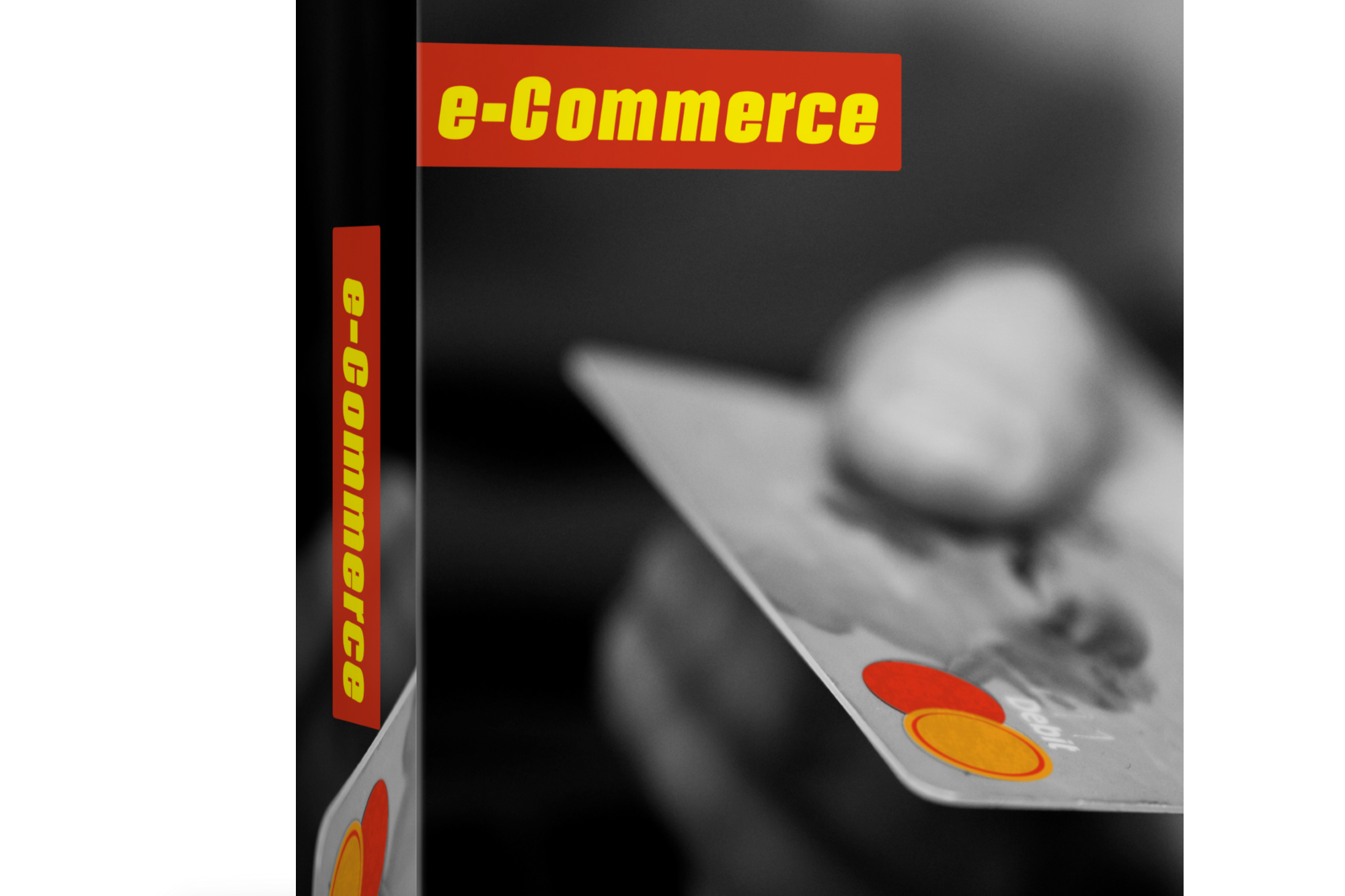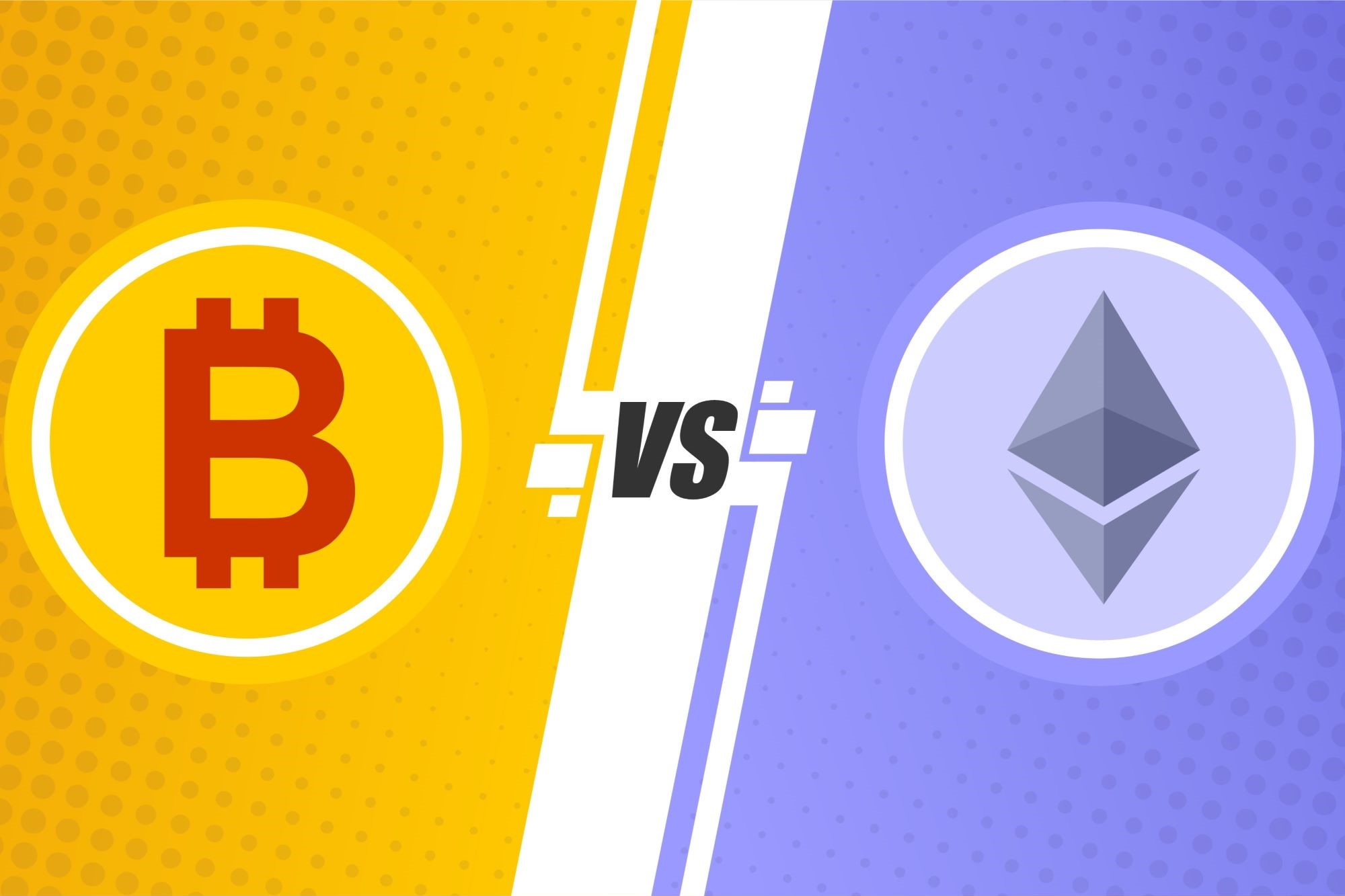In the realm of cryptocurrency trading, one of the critical decisions for any business is selecting the right Crypto Trading Payment Gateway. With the surge in popularity of cryptocurrencies, choosing the best Crypto Trading Payment Gateway can significantly impact the success and security of your transactions. This article delves into the essential factors to consider when selecting a Crypto Trading Payment Gateway.
Understanding Crypto Payment Gateways
Before diving into the intricacies of selecting the best crypto trading payment gateway for your business, it’s essential to comprehend the fundamental role these gateways play in the cryptocurrency ecosystem. At their core, crypto payment gateways function as bridges between buyers and sellers in the digital currency space. Unlike traditional payment gateways that deal with fiat currencies, such as dollars or euros, crypto payment gateways facilitate transactions exclusively in cryptocurrencies like Bitcoin, Ethereum, or Ripple.
These gateways act as intermediaries in cryptocurrency transactions, providing a layer of security and trust between parties. When a customer initiates a transaction, the payment gateway verifies the transaction details, encrypts the information, and broadcasts it to the decentralized network for validation. Once validated, the transaction is added to the blockchain, a distributed ledger that records all transactions in a secure and immutable manner. Throughout this process, crypto payment gateways ensure that transactions are executed smoothly, securely, and transparently, maintaining the integrity of the digital currency ecosystem.
Furthermore, crypto payment gateways play a crucial role in facilitating cross-border transactions and enabling businesses to transact seamlessly on a global scale. By eliminating intermediaries like banks or financial institutions, crypto payment gateways streamline the transaction process, reduce transaction costs, and eliminate delays associated with traditional banking systems. This level of efficiency and accessibility empowers businesses to expand their reach, tap into new markets, and capitalize on the growing adoption of cryptocurrencies worldwide.
Factors to Consider
| Factors | Description | Example | Importance |
| Security Features | End-to-end encryption, Two-factor authentication, SSL/TLS protocols | Encryption, 2FA, SSL/TLS | High |
| Supported Cryptocurrencies | Bitcoin, Ethereum, Litecoin, Ripple, etc. | Bitcoin, Ethereum, etc. | Medium |
When considering a crypto payment gateway, prioritizing security features such as end-to-end encryption and two-factor authentication is paramount. These measures ensure the integrity and confidentiality of transactions, safeguarding sensitive information from unauthorized access or tampering. Additionally, adherence to industry-standard security protocols like SSL/TLS provides an extra layer of protection against eavesdropping or data breaches, enhancing the overall security posture of your payment gateway.
Furthermore, the range of supported cryptocurrencies is essential for catering to diverse customer preferences and transaction needs. A payment gateway that supports a wide variety of cryptocurrencies, such as Bitcoin, Ethereum, Litecoin, Ripple, and more, offers flexibility and convenience for businesses operating in the crypto space. By ensuring compatibility with the specific cryptocurrencies relevant to your business, you can streamline transaction processes and provide a seamless experience for your customers, ultimately driving growth and success in the digital currency realm.
Transaction Fees
- Impact on Bottom Line: Transaction fees play a crucial role in determining the overall cost of using a crypto payment gateway. These fees can vary widely depending on the provider and the type of transaction being conducted. It’s essential to understand how transaction fees will impact your bottom line and factor them into your budgeting and financial projections.
- Comparison of Fees: Before selecting a payment gateway, it’s prudent to compare the transaction fees charged by different providers. Create a list of potential payment gateways and their corresponding fee structures. Analyze the fees for various types of transactions, including deposits, withdrawals, and currency conversions. Look for transparent fee schedules and consider how they align with your business’s transaction volume and revenue projections.
- Assessment of Alignment: Once you have gathered information on transaction fees from multiple providers, assess how these fees align with your budget and financial goals. Consider factors such as the frequency of transactions, average transaction size, and expected growth in transaction volume. Choose a payment gateway with transaction fees that are competitive and sustainable for your business in the long term.
Integration Options
- Ease of Integration: When selecting a crypto payment gateway, consider the ease of integrating it with your existing systems or platforms. Evaluate the integration options offered by different providers and choose a gateway that offers seamless integration solutions. Look for providers that offer APIs (Application Programming Interfaces) that allow for easy integration with your website, mobile app, or other business systems.
- Compatibility with Existing Systems: Assess whether the payment gateway is compatible with your existing systems and platforms. Check for compatibility with popular e-commerce platforms such as Shopify, WooCommerce, Magento, or custom-built systems. Compatibility ensures a smooth integration process and minimizes the need for custom development or modifications to your existing infrastructure.
- Options for Integration: Payment gateways may offer multiple integration options, including APIs, plugins, or custom solutions. Evaluate each integration option based on factors such as ease of implementation, flexibility, and scalability. Choose a gateway that offers the integration option best suited to your technical capabilities and business requirements.
User Experience
A seamless and intuitive user experience is essential for both merchants and customers when using a crypto payment gateway. The user interface of the payment gateway should be user-friendly and easy to navigate, ensuring a positive experience for customers during the checkout process. An intuitive interface reduces friction and frustration, leading to higher conversion rates and increased customer satisfaction. Look for payment gateways that prioritize user experience, offering features such as one-click payments, guest checkout options, and clear, concise instructions for completing transactions.
Furthermore, a streamlined checkout process is crucial for minimizing cart abandonment and maximizing sales. Choose a payment gateway that offers a fast and hassle-free checkout experience, with minimal steps required to complete a transaction. Features like saved payment methods, autofill for shipping and billing information, and mobile-responsive design enhance the convenience and efficiency of the checkout process. By prioritizing user experience, you can create a positive shopping experience for your customers and build long-term loyalty to your brand.
Regulatory Compliance
Ensuring regulatory compliance is paramount when selecting a crypto payment gateway for your business. It’s essential to choose a payment gateway that adheres to relevant regulations and standards in your jurisdiction to avoid legal complications and reputational damage. Regulatory compliance encompasses various laws and regulations, including Know Your Customer (KYC) and Anti-Money Laundering (AML) requirements, designed to prevent financial crime and protect consumers.
By partnering with a payment gateway that is compliant with KYC and AML regulations, you can mitigate the risk of facilitating transactions involving illicit funds or engaging in fraudulent activities. Look for payment gateways that implement robust identity verification processes to verify the identity of customers and ensure they are not involved in illegal activities. Additionally, ensure that the payment gateway complies with data protection regulations, such as the General Data Protection Regulation (GDPR), to safeguard customer information and maintain trust and transparency in your business operations. Prioritizing regulatory compliance demonstrates your commitment to ethical business practices and strengthens your reputation in the marketplace.




